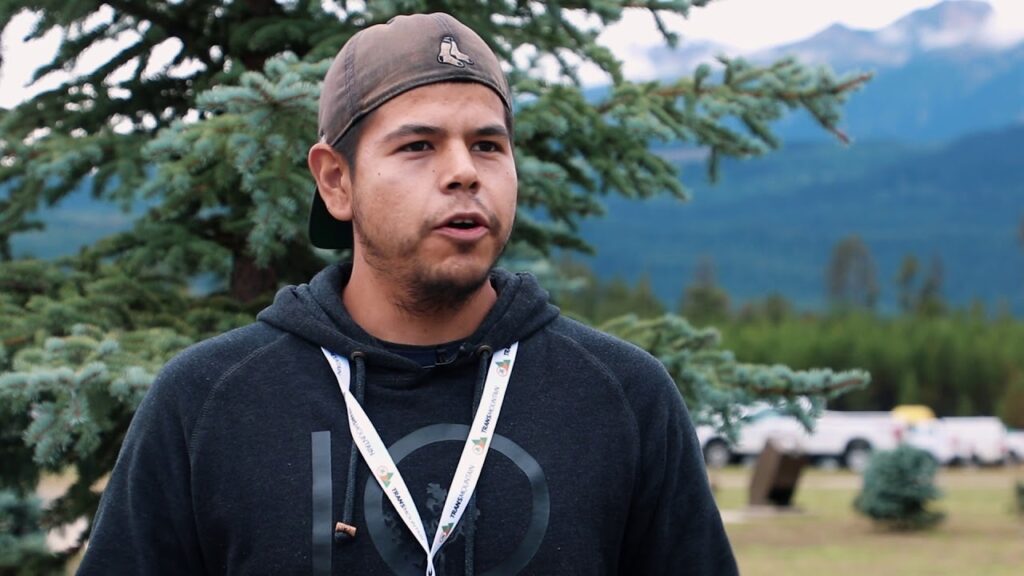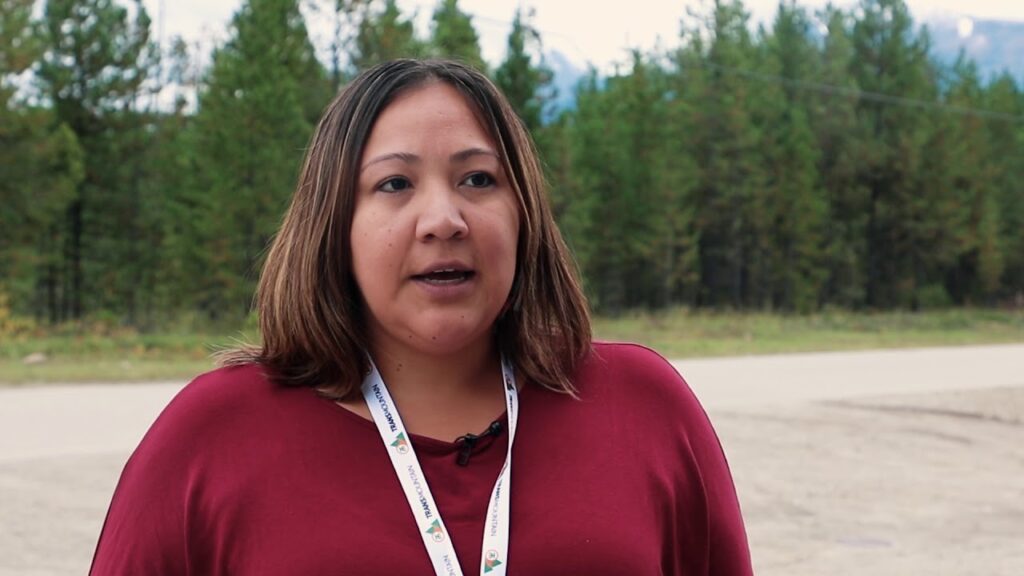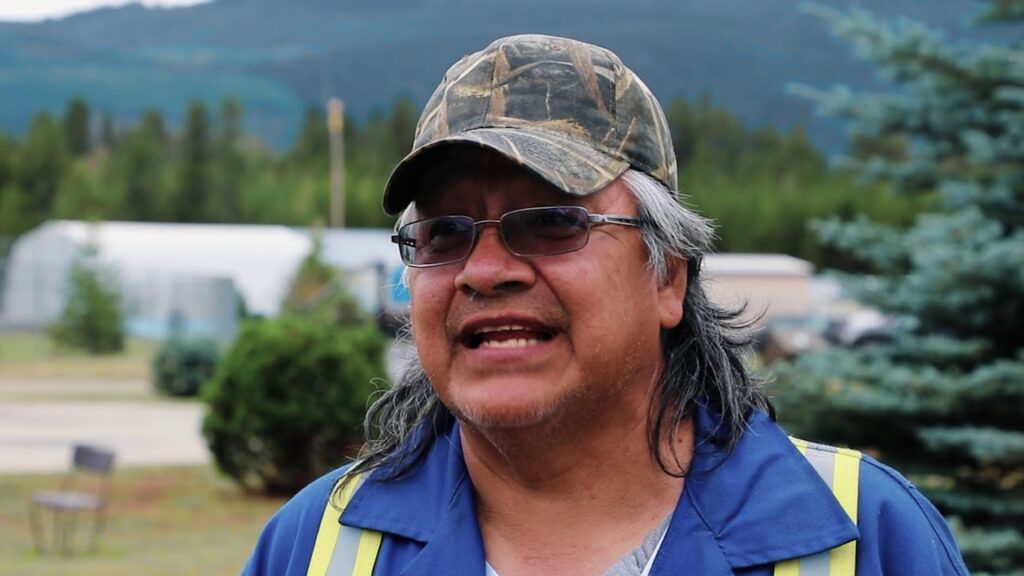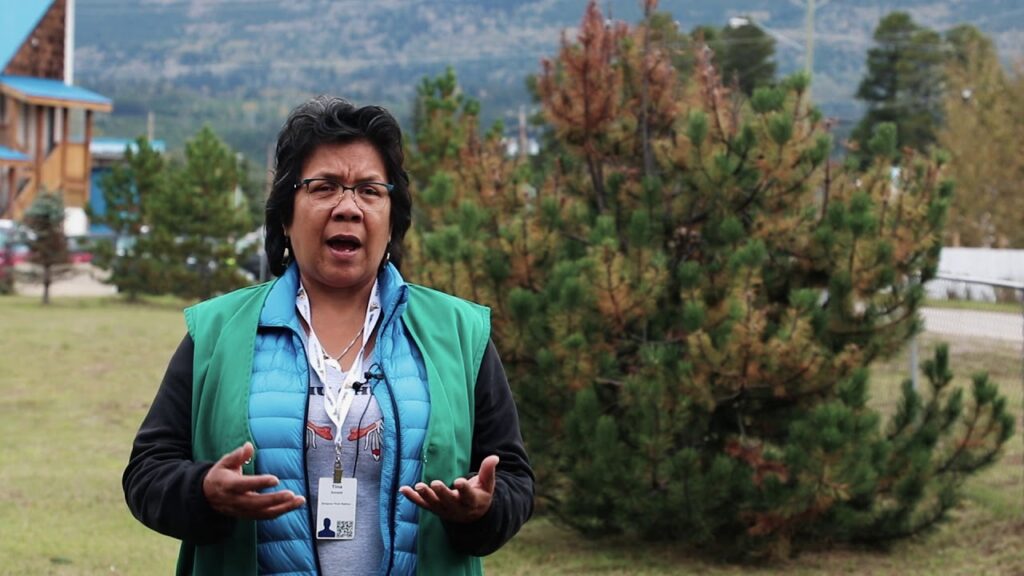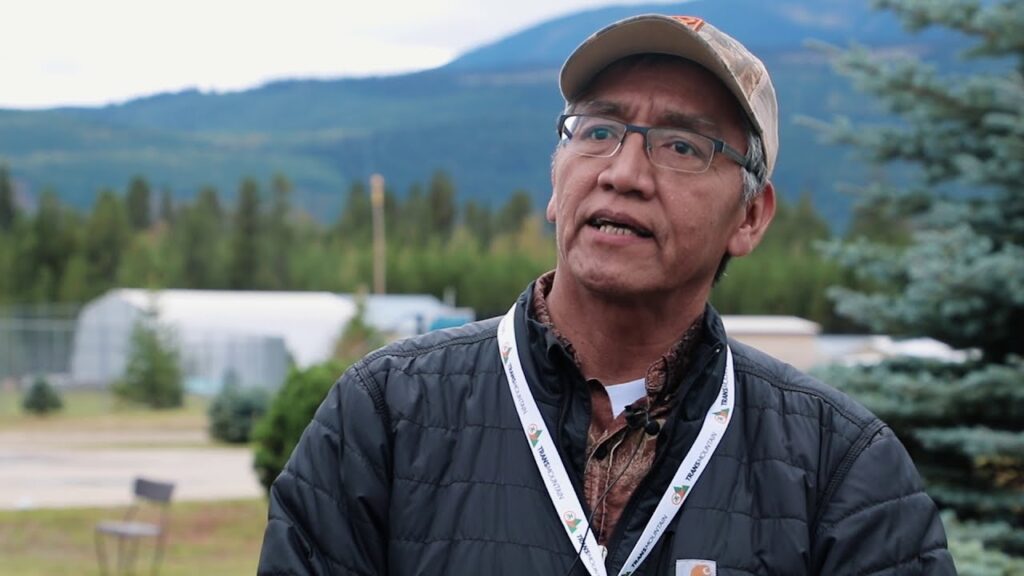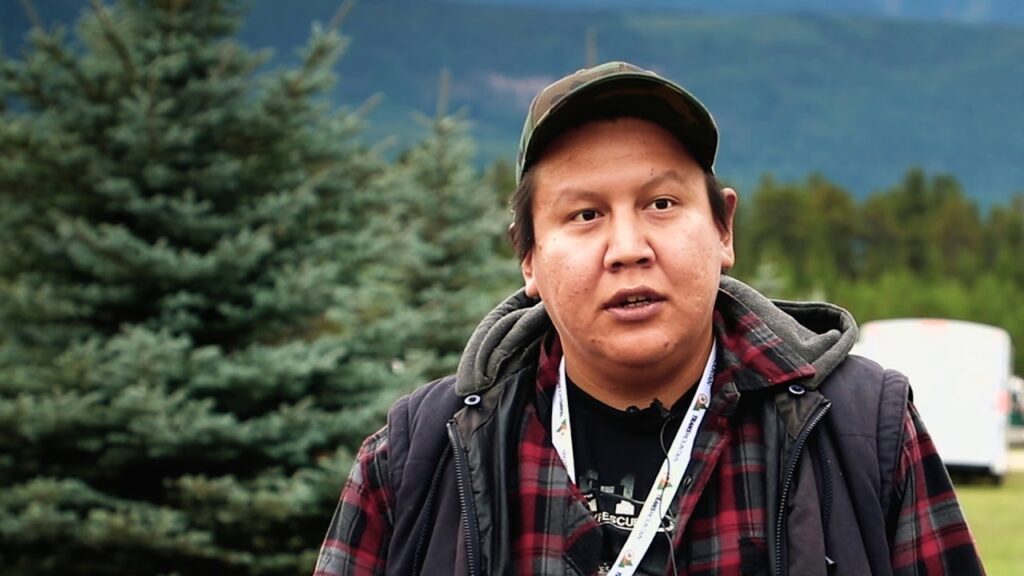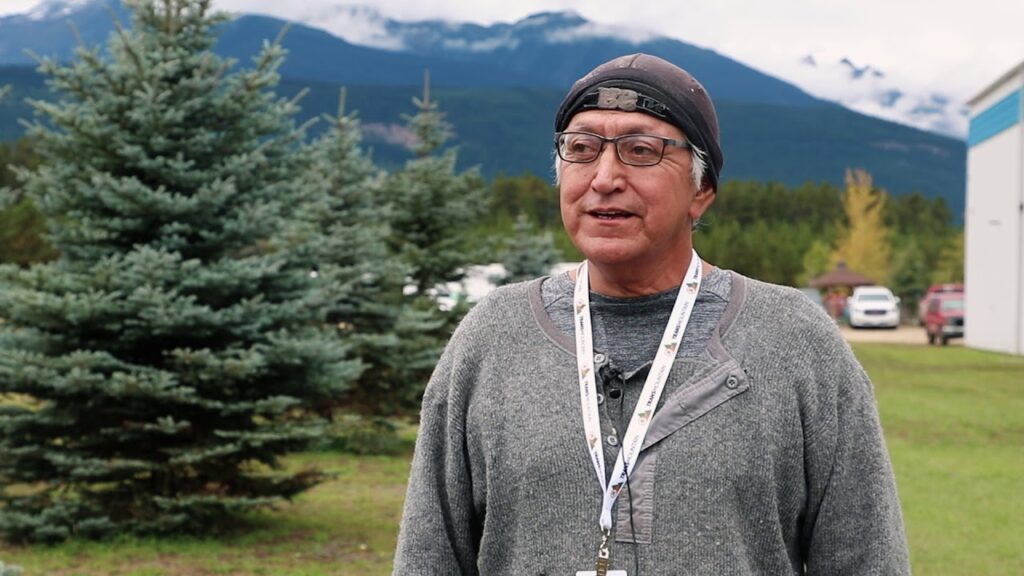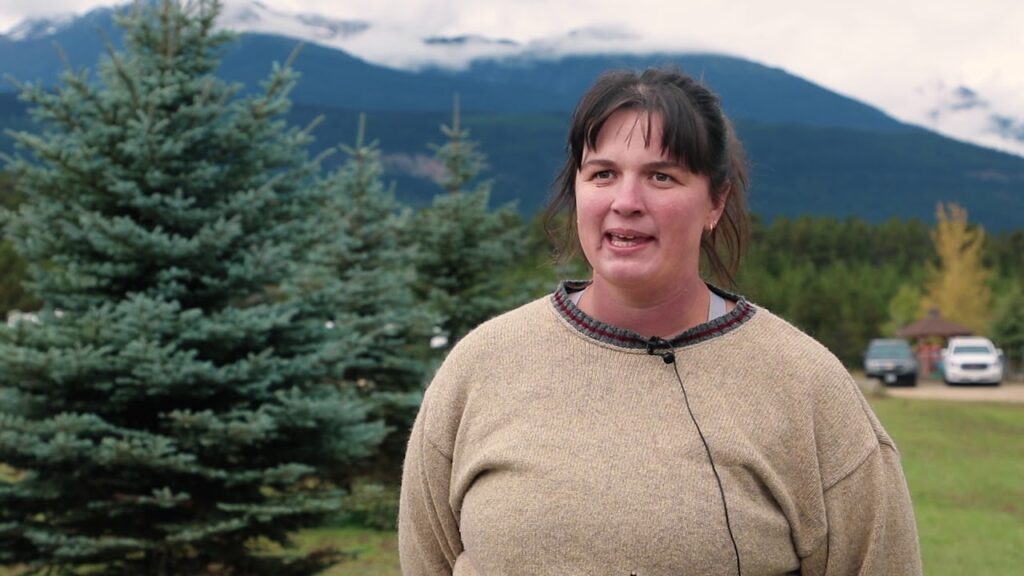Video Gallery
Emergency Management
In 2019, the Emergency Management Working Group planned and completed its first pilot project, “Increasing Indigenous Inclusion in Incident Command System.” The project was led by Simpcw First Nation and included Incident Command System training sessions, Environmental Unit training and culminated in a Full-Scale Emergency Exercise with Trans Mountain Corporation in Valemount, BC on September 18 and 19.
The purpose of these mini-videos is to share the key take-aways from community members who participated in the pilot project in order to raise awareness of how Indigenous communities can participate in Incident Command System and emergency management and response on their lands and waters.

Byron Porter Interview
“The most important aspect I observed over the past two days I believe was how they contained the oil spill. Seeing that on a full-scale helped out so much.” An all hazards approach means communities are prepared for all types of emergencies.
Alison Green Interview
“It’s important for Indigenous communities to be a part in the emergency management because we are the ultimately the stewards of the land.” 20 Indigenous communities were invited to increase capacity in #emergencymanagement through the pilot project.
Timothy Tom Interview
“That’s what we’re here to help. To help our wildlife and animals, people, you know, because that’s our water source.” Community members received Environmental Unit Training prior to the full-scale emergency exercise. #EmergencyManagement
Tina Donald Interview
“It’s important to have emergency exercises like we’re doing here in Valemount, because of the involvement, the relationship building we have going on here.” Simpcw First Nations hosted a cultural awareness session for all emergency exercise participants.
Don Dixon Interview
“I think the key thing that I’ve learned here is that with multiple jurisdictions these things can work. We [were] able to go table-to-table and watch the information flow.” The Incident Command Post is where decisions are made during an emergency.
Bryce Tom Interview
“It’s important for Indigenous people to be involved in #EmergencyManagement, so that they have the knowledge to what is going on in their land[s].” Increasing Indigenous participation in emergency response is a priority for the #EMWG.
John Leonard Interview Final
“The reason why [emergency] management is important to the community is to bring it back to the people and expand on that.” Building capacity in communities downstream of the full-scale emergency exercise was a key goal for the pilot project.
Interview with community member - Melanie
Melanie discusses emergency management and Indigenous communities after a full-scale emergency response exercise in Valemount, BC in September 2019

